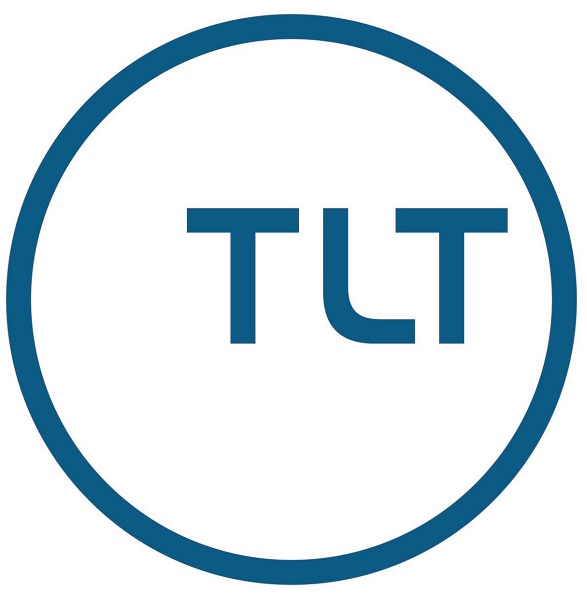Richard Collie: Prepare for ‘sweeping’ changes to consumer law

Richard Collie
Greater enforcement powers for the CMA are coming soon, writes Richard Collie.
These reforms come in the form of the Digital Markets, Competition and Consumers (DMCC) Act, which received Royal Assent in May.
The Act establishes a new regulatory regime for ‘big tech’ overseen by the Competition and Markets Authority (CMA), akin to the EU Digital Markets Act.
There is a common misconception that the legislation only applies to digital businesses, when the Act also introduces sweeping consumer protection reforms applying to businesses across all sectors.
At its core is a belief that businesses aren’t taking consumer protection seriously enough. Accordingly, the Act ‘turbo charges’ the CMA’s enforcement powers, allowing it to issue multi-million-pound fines on businesses that don’t comply with consumer law. The fines can be up to 10 per cent of global turnover.
Take the recent Oasis Ticketmaster saga. The CMA opened an investigation into the transparency of dynamic pricing practices, but under the current regime, lacks teeth to impose penalties if it finds Ticketmaster has broken the law. If the CMA is unable to secure an agreement from Ticketmaster to change its practices, it would need to go to court to seek an order requiring it to do so.
That will change under the DMCC Act, which enables the CMA to impose huge penalties for non-compliance without going to court. These new consumer protection powers, among the toughest in the world, are modelled on the CMA’s existing antitrust enforcement powers.
The CMA’s consumer protection remit covers a wide range of unfair commercial practices, including misleading price discounts and promotions, unfair terms in consumer contracts and ‘greenwashing’.
There is also an increasing focus on online choice architecture (or ‘dark patterns’), which examines how businesses use digital design of websites or apps to manipulate consumers via psychological nudges. The CMA has already taken action against Wowcher and Simba Sleep and required them to stop making misleading scarcity or urgency claims, such as misleading countdown clocks and false claims such as ‘Only five items left in stock!’.
The DMCC Act also introduces new consumer protection laws to tackle emerging practices, including a requirement for online businesses to take steps to combat fake website reviews and tighter rules on ‘drip pricing’, particularly booking or administration charges added at the end of the checkout process.
Finally, the Act legislates against so-called ‘subscription traps’ by introducing tough new transparency requirements. These rules will apply to free trial periods that roll-over into a paid subscription, and fixed term subscriptions that automatically renew upon expiry. In some cases, consumers will gain a new cooling-off period, giving them a chance to exit free of charge within 14 days if they don’t want a subscription to renew when the free trial or fixed term expires.
The new enforcement regime is expected to come into force from April 2025, giving businesses in Scotland time to ensure compliance before changes kick in. The new subscription contract rules aren’t expected to come into force until Spring 2026, with further secondary legislation likely before then.
Most B2C businesses in Scotland and the UK already know keeping customers happy is more than just a legal requirement, but it’s important to be aware the complexity of UK consumer law regime can lead to ‘blind spots’ and areas of non-compliance.
These changes underline the urgency for consumer-facing businesses to establish (if not already in place) robust policies and procedures, including comprehensive staff training, to comply with the new consumer laws – before the CMA has new powers to levy substantial penalties for non-compliance.

Richard Collie is a managing associate at TLT









